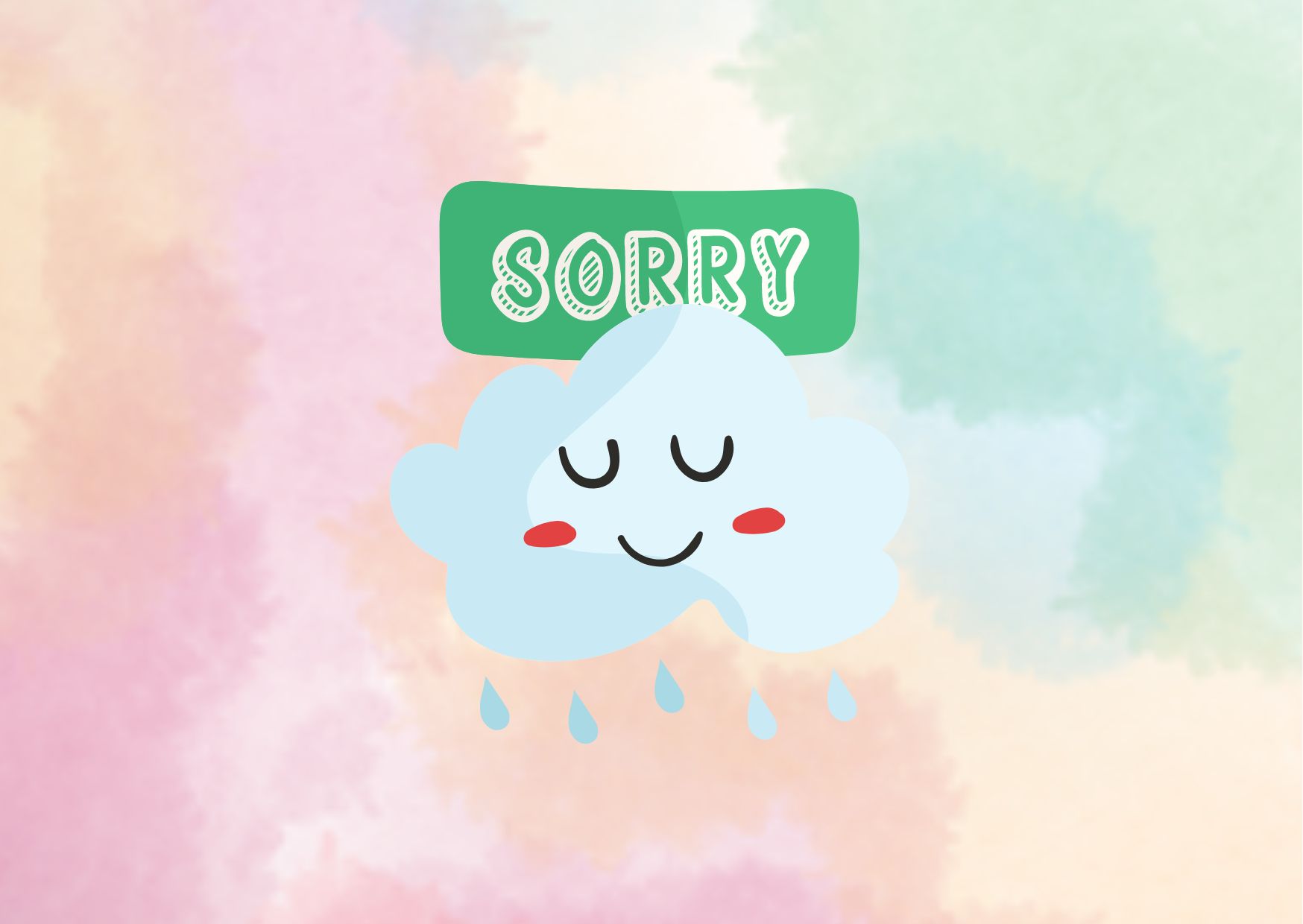The Real Reasons Behind Sorry, I Didn’t Mean It!
If you spend any amount of time with children—or even adults—you will eventually hear statements like I’m sorry, I didn’t mean it or I’m sorry, it wasn’t my intention to hurt you. The youngster or individual then continues on their merry way as if nothing ever happened. But why did we do that if we didn’t mean to? Why do we so quickly brush off our actions with a remark?
The Truth of a Communication Is Its Underlying Meaning
Why do we persuade ourselves that we didn’t mean to hurt someone when we actually did? This phrase is frequently used as a catch-all for unconscious conduct and possibly for things we’re not yet willing to accept responsibility for. It’s a cryptic remark meant to discourage us from making any further discoveries, similar to a teenager responding, I dunno, However, the phrase I didn’t mean it has been used so frequently that we now take it for granted.
Let’s take a closer look
Actions always ring truer and louder than words. When our words and deeds conflict, it is our deeds that reveal our genuine motivation. Being sorry is insufficient. Trust only movement, as the late Austrian psychiatrist Dr. Alfred Adler was quoted as saying. Life operates on an event-level rather than a word-level. Unprocessed emotions, unacknowledged anguish, and unmet needs are the main causes of cruel behavior.
I didn’t mean it could suggest that there was no deliberate thinking or motive behind it. However, if we dig a little deeper, we frequently discover unacknowledged wants or concealed emotions. When we harm another individual, we can be harming ourselves as well.
The Real Reasons Behind Sorry, I Didn’t Mean It!
Unintentionally sending a signal that we are hurting by being cruel to someone else can be a way for us to express our pain. Especially when dealing with children, it may or may not have been that specific individual who injured us.
Naturally, careless and harmful comments may be spoken when a person’s self-control is off due to excessive drinking or an addiction that interfered with their capacity to regulate themselves mentally. Even in those situations, the words could have roots in unresolved feelings or hurt that come to the surface when one’s impulse control is weaker.
Because of their developmental immaturity and still-developing brains, children have trouble controlling their emotions, therefore it’s up to adults to help them do so and to teach them safe ways to do so. My argument is that you should be more conscious of your emotions and mindful of the language you use. Words have the power to break down bonds or strengthen them.
Motivation Driving Style
How often does a partner yell at the family when they get home? Did they act out of resentment for the kids? Not typically. It is much more likely to have been the result of a challenging day at work or the emergence of unmet demands.
Suggestion for read: The Benefits of Forgiveness for Your Marriage
A student may push another student or a teen who is bullying them at school. A student may emotionally humiliate another student out of helplessness, misunderstanding of an internal conflict, or unacknowledged hurt feelings rather than because of anything the victim has done to them.
It’s not necessarily harmful to act in an unloving way. It makes you more human. Additionally, cruel behavior frequently indicates a need for self-care and self-compassion. Understanding the causes of our actions is the key to loving ourselves and each other in every aspect of personal development and in every relationship. We will continue to lash out, emotionally respond, and unintentionally dump on others until we are aware of the root of our actions and the ideas that underlie them.
It takes emotional intelligence and self-awareness to communicate better. Even when we behave badly, there are instances when we’re simply having a horrible day and need someone to sympathize. But it’s also important to be open about how we’re really feeling and what we need. Even while all emotions are valid, it is never a good idea to take your frustrations out on your partner in a relationship.
